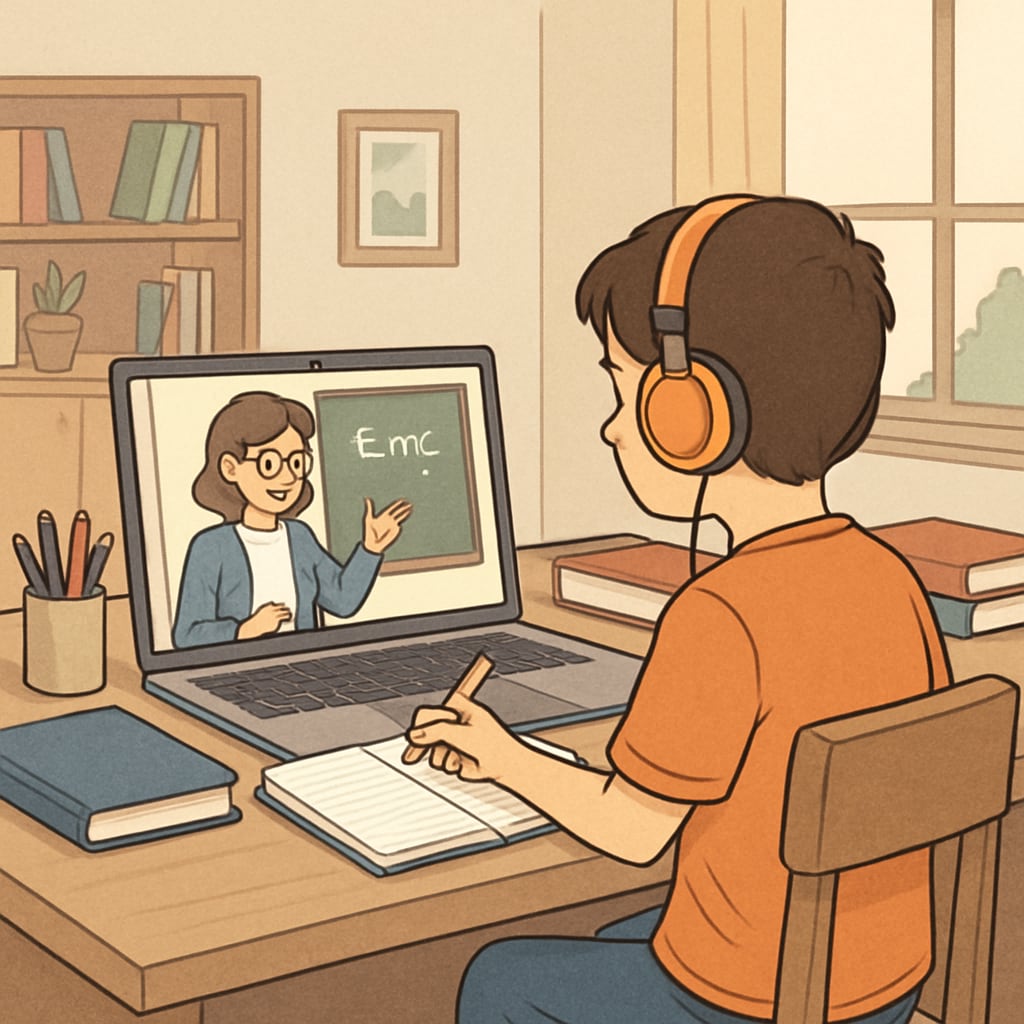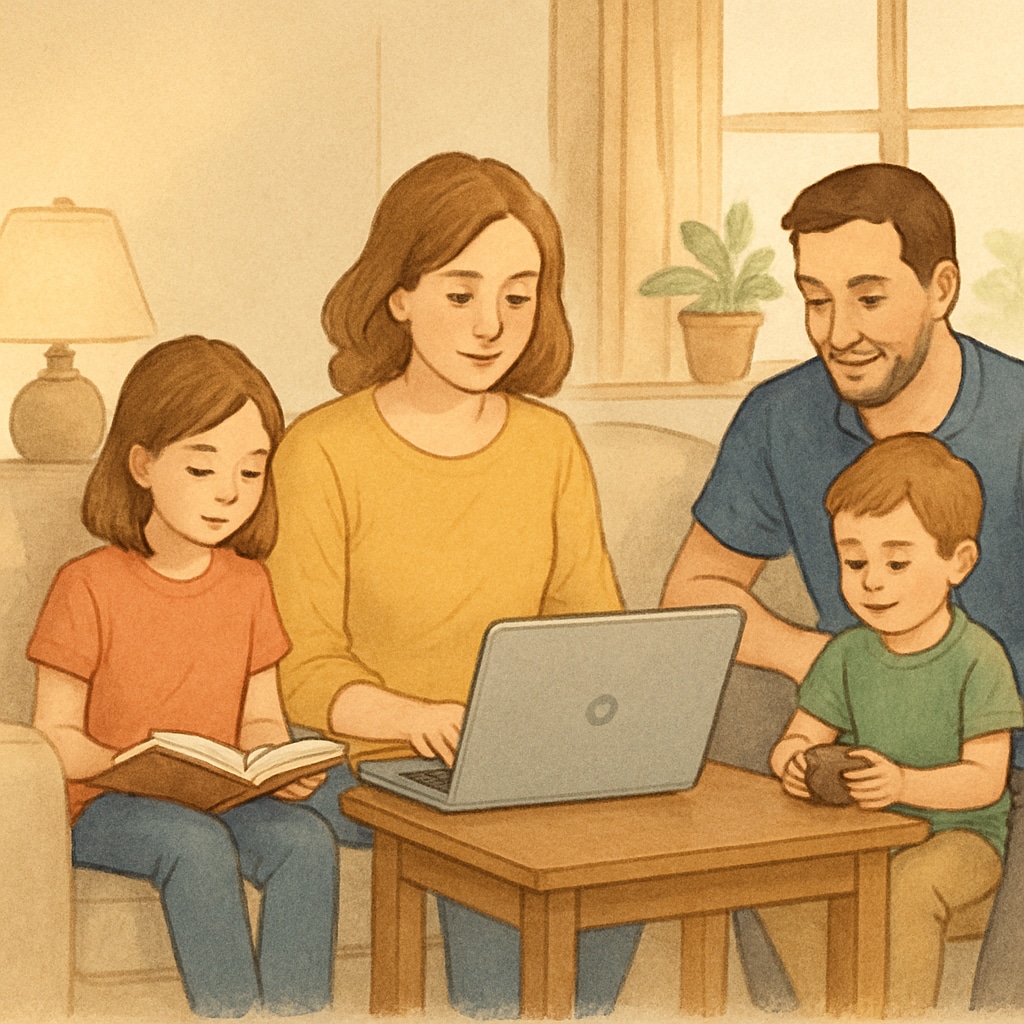In recent years, the rise of online public schools has transformed how families approach education. Parents are increasingly turning to virtual classrooms as viable alternatives to traditional schooling, motivated by factors such as personalized learning, flexibility, and the desire to better align education with their family’s unique needs. This trend underscores a significant shift in the way education is being delivered and received, offering valuable insights into evolving parental preferences.
Why Parents Are Choosing Online Public Schools
One of the primary reasons parents opt for online public schools is the ability to tailor education to their child’s individual learning style. Unlike one-size-fits-all approaches often found in conventional schools, virtual education platforms allow students to progress at their own pace, focus on areas of interest, and access resources that cater to their unique strengths and challenges.
For example, students struggling with math can dedicate additional time to mastering concepts, while those excelling in science can explore advanced topics. This personalized learning model empowers students and gives parents the satisfaction of knowing their child’s education is truly customized.

Balancing Education and Family Life
Another compelling factor driving the shift toward online public education is the flexibility it offers to families. Virtual classrooms eliminate rigid schedules and long commutes, enabling parents to better integrate schooling into their daily routines. This is particularly beneficial for families with unique circumstances, such as frequent relocations due to work or children involved in competitive sports or arts.
Moreover, online learning allows families to spend more time together, fostering stronger bonds and creating opportunities for shared activities. This balance between education and family life is a key motivator for parents seeking alternatives to conventional schooling systems.

Addressing Concerns and Ensuring Quality Education
Despite its advantages, online public education is not without challenges. Parents often worry about the lack of social interaction and the potential for distractions at home. However, many virtual schools now incorporate interactive tools, group projects, and virtual meetups to foster social engagement among students.
Additionally, accredited online public schools ensure that students receive a quality education comparable to traditional institutions. They adhere to state curricula, employ certified teachers, and provide access to standardized testing, alleviating concerns about academic rigor.
For further reading, visit Online Schools on Wikipedia or explore the benefits of virtual education on Britannica.
The Future of Online Public Education
The growing popularity of online public schools reflects a broader trend in education: the move toward individualized and technology-driven learning. As more families recognize the benefits of virtual classrooms, educational institutions are likely to innovate further, enhancing the online learning experience with advanced tools, AI-driven personalization, and expanded extracurricular options.
Ultimately, the decision to choose an online public school depends on each family’s priorities. By evaluating their child’s needs, lifestyle, and long-term goals, parents can make informed decisions that align with both educational quality and personal values.
Readability guidance: Use concise paragraphs and clear transitions to summarize key points. Incorporate lists where applicable and maintain an engaging tone throughout.


